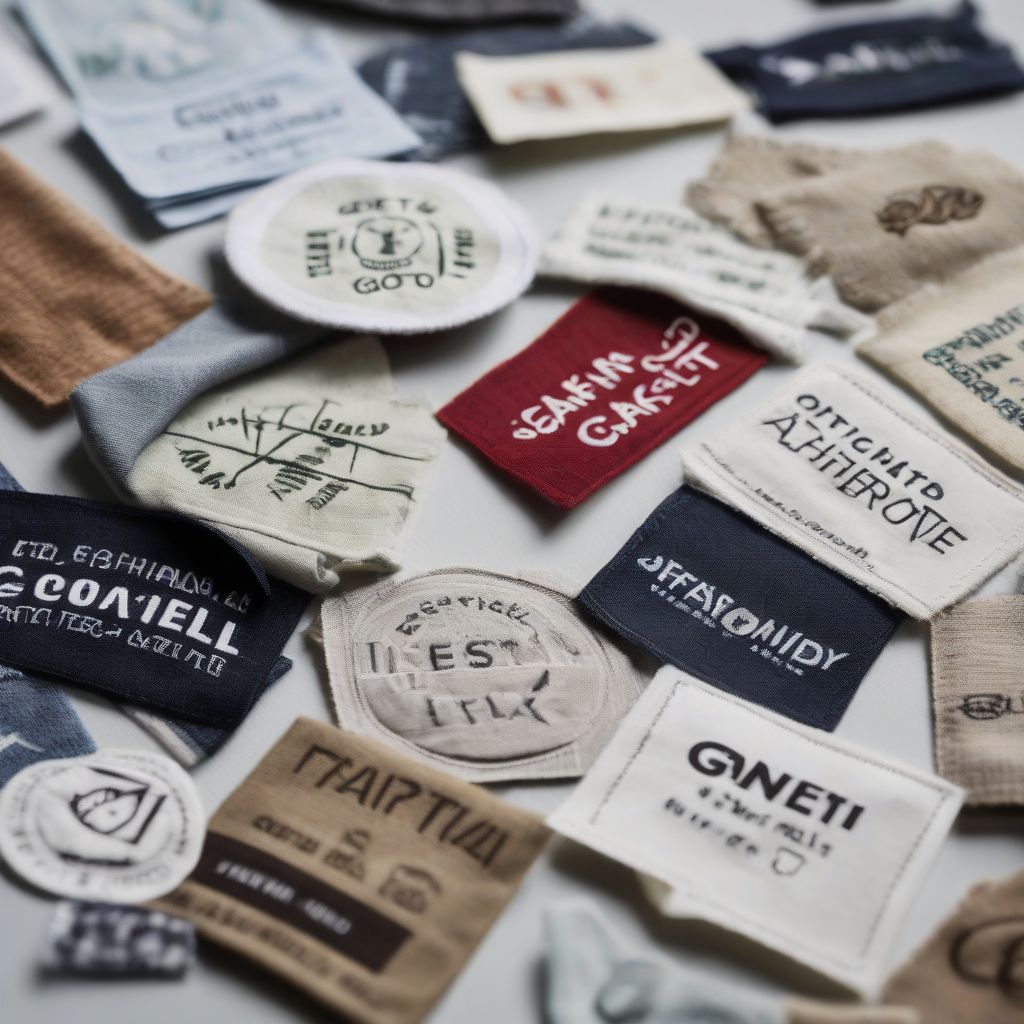Have you ever stood in a crowded mall, the air thick with the scent of new clothes and the promise of irresistible deals, and felt a pang of guilt? The fast fashion industry, while tempting with its trendy styles and low prices, often comes at a hidden cost – one that impacts garment workers and the environment. But what if there was a way to cultivate a stylish wardrobe without compromising your values? The answer lies in embracing ethical fashion brands.
What is Ethical Fashion?
Ethical fashion is more than just a buzzword; it’s a movement towards a more conscious and responsible approach to clothing production and consumption. It encompasses a wide range of principles, including:
- Fair Labor Practices: Ensuring fair wages, safe working conditions, and no exploitation for garment workers.
- Environmental Sustainability: Minimizing the industry’s impact on the planet through eco-friendly materials, reduced water usage, and ethical waste disposal.
- Animal Welfare: Using cruelty-free and sustainable alternatives to animal products like leather and fur.
- Transparency and Traceability: Providing clear information about the supply chain and manufacturing processes.
How to Spot an Ethical Fashion Brand
Identifying truly ethical brands can be tricky, as greenwashing (making misleading claims about sustainability) is prevalent. Here are some telltale signs to look for:
1. Certifications and Standards:
Legitimate ethical brands often seek third-party certifications to validate their practices. Look for labels like:
- Fair Trade Certified: Ensures fair prices, community development, and environmental stewardship.
- GOTS (Global Organic Textile Standard): Certifies organic fibers and responsible manufacturing practices.
- OEKO-TEX Standard 100: Guarantees that textiles are free from harmful substances.
- B Corp Certification: Recognizes companies that meet high standards of social and environmental performance, accountability, and transparency.
2. Transparent Supply Chains:
Ethical brands are open about where and how their clothes are made. Look for information on their website about their factories, suppliers, and commitment to transparency.
3. Sustainable Materials:
Pay attention to the fabrics used. Look for:
- Organic cotton: Grown without harmful pesticides and fertilizers.
- Recycled materials: Giving new life to discarded materials like plastic bottles or pre-consumer waste.
- Hemp: A durable and fast-growing alternative to cotton.
- Tencel (Lyocell): A biodegradable fabric made from sustainably harvested wood pulp.
4. Durability and Timeless Designs:
Ethical fashion emphasizes quality over quantity. Look for well-made pieces with timeless designs that will last longer, reducing the need for frequent replacements.
5. Price and Value:
Ethical fashion often comes at a higher price point due to fair wages and sustainable practices. However, consider the longevity and ethical implications – investing in fewer, higher-quality pieces can be more sustainable in the long run.
 Ethical Fashion Labels
Ethical Fashion Labels
Supporting Ethical Fashion: Beyond Buying
Supporting ethical fashion goes beyond just purchasing from responsible brands. Here are some additional ways to make a difference:
1. Buy Less, Choose Well:
Before making a purchase, ask yourself if you truly need the item. Embrace a minimalist approach to your wardrobe, investing in versatile pieces that you’ll love and wear for years to come.
2. Care for Your Clothes:
Proper care can extend the lifespan of your garments significantly. Wash clothes in cold water, air-dry whenever possible, and repair minor damages instead of discarding them.
3. Explore Secondhand Shopping:
Thrift stores, consignment shops, and online platforms offer a treasure trove of pre-loved clothing. Give clothes a second life while reducing textile waste.
4. Support Ethical Fashion Bloggers and Influencers:
Amplify the voices of those promoting ethical fashion. Follow bloggers, activists, and organizations that align with your values.
5. Advocate for Change:
Contact your favorite brands and inquire about their ethical practices. Support legislation that promotes fair labor and environmental sustainability in the fashion industry.
Ethical Fashion: A Collective Effort
Creating a more ethical and sustainable fashion industry is a collective effort. By making informed choices, supporting responsible brands, and advocating for change, we can contribute to a fashion future that benefits both people and the planet. Remember, every small step towards ethical fashion is a step in the right direction.
[amazon bestseller=”sustainable fashion”]
What are Your Thoughts?
Do you have any tips for identifying ethical brands? Share your thoughts and experiences in the comments below!
